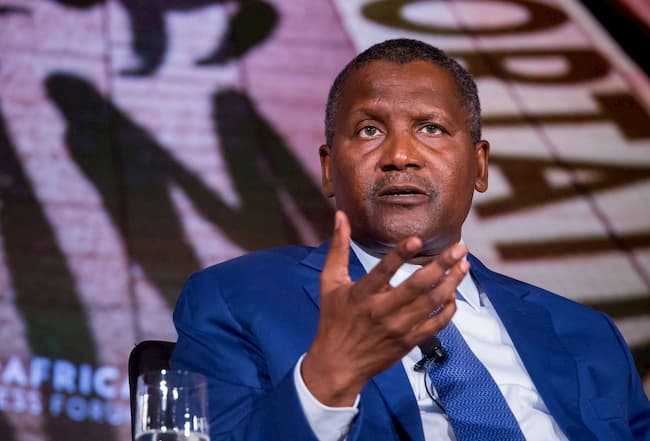The country’s foreign capital investments in the oil and gas business fell precipitously from $720 million in 2016 to $3.64 million during the course of 2023, despite government efforts to entice more international investors into the sector. In the first quarter of 2024, the nation did not record any foreign capital investment, according to National Bureau of Statistics data.
According to the research, the petroleum industry received zero dollars from the $3.38 billion in capital imported into Nigeria during the first three months of 2024. The term “capital importation” refers to the influx of foreign capital into a nation, usually in the form of loans, investments, or other financial resources.
nation, such asThis can involve portfolio investments like holdings in equities and other financial assets of a nation, such as stocks, bonds, and securities., as well as foreign direct investment. It can also be in the form of short-term loans, deposits, or other forms of temporary capital inflows.
The petroleum sector’s zero capital importation in Q1 2024 indicates that no foreign capital was invested in the sector during that period, which could potentially impact the sector’s development and growth.
1.13 billionEven as the total capital importation went up by 198.06 per cent to $3.38 billion compared to $1.13 billion recorded in Q1 2023, the sector that gives the highest revenue to the country attracted no foreign investment within the period under review.
The banking sector recorded the highest inflow with $2.07bn, representing 61.24 per cent of total capital imported in Q1 2024, followed by the trading sector, valued at $494.93m (14.66 per cent), and the production/manufacturing sector with $191.92m (5.68 per cent).
The marketing, consultancy, and construction sectors received inflows valued at $60,000, $300,000, and $610,000, respectively, but the oil and gas sector recorded no investment.
Our correspondent gathered that over the years, foreign capital investments in the petroleum sector have been declining. In the first quarter of 2023, the petroleum sector recorded $750,000 in capital importation, but nothing was recorded in the second quarter.
The sector got $850,000 in capital importation in the third quarter, while it made a sum of $2.04 million in the last quarter. In total, the sector attracted $3.64 million in capital imports into Africa’s largest oil-producing country in 2023.
whichOur correspondent reports that the petroleum sector recorded $6.37 million in capital imports in 2022, which was below what was recorded in just one quarter of 2021.
It was gathered from the NBS that in Q1 2021, the nation gathered a sum of $57.25 million as capital importation; $340,000 in Q2 2021; $940,000 in Q3; and $32.31 million in Q4. In total, $101 million was the capital import for the year 2021.
Similarly, the NBS revealed that the sector garnered $208 million in capital importation in 2014 and $29.76 million in 2015. It peaked in 2016 at as high as $720 million. The nation’s oil sector in 2017 saw $331.36 million in foreign capital investment. The sector got $133.51m in 2018; $216.23m in 2019 and $53.51m in 2020.













